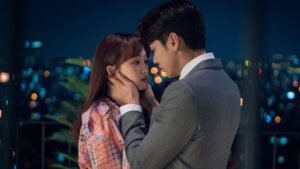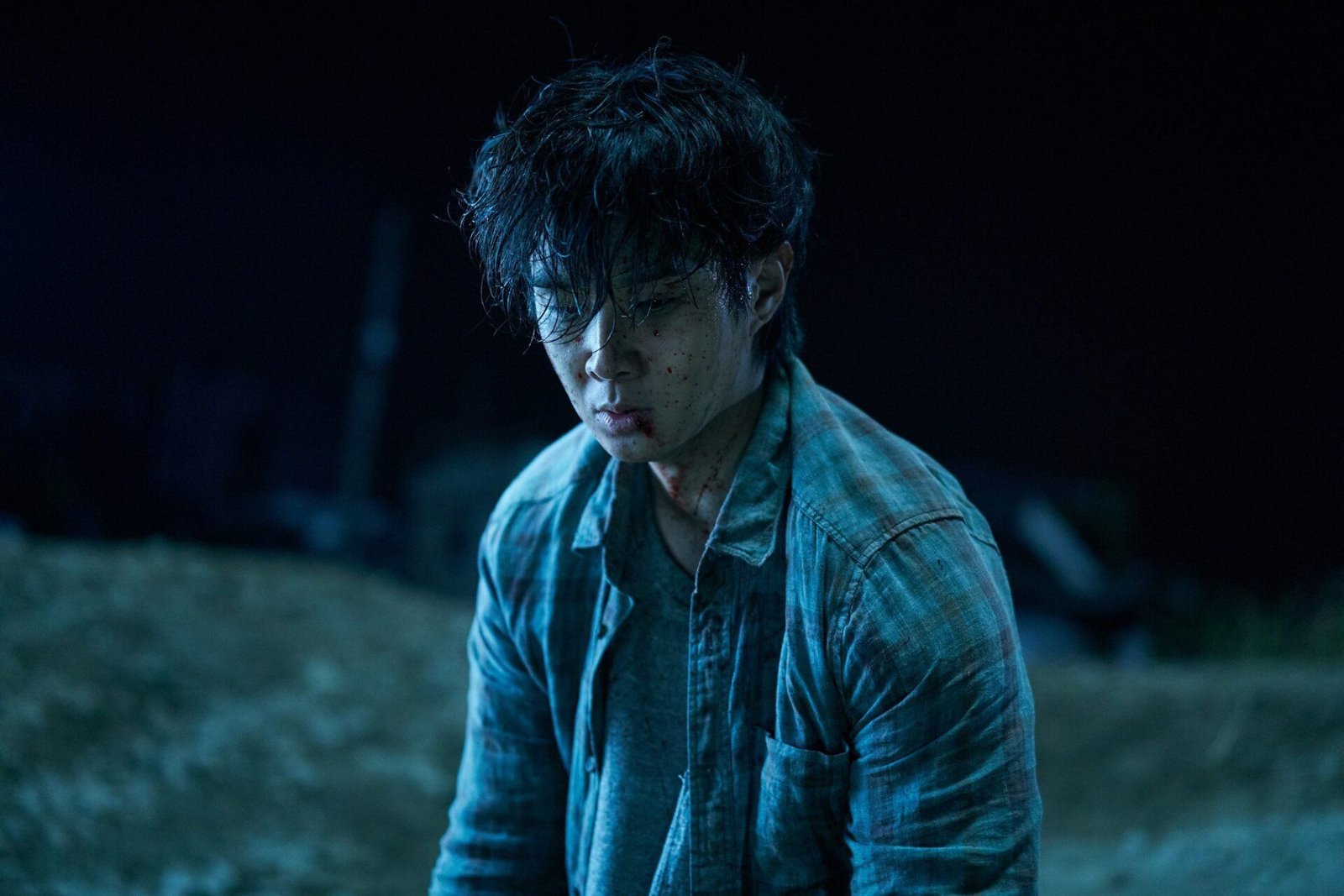
A Killer Paradox: Amazing K-Drama Series Review 2024
Table of Contents
A Killer Paradox: Best Korean Drama Series Review 2024
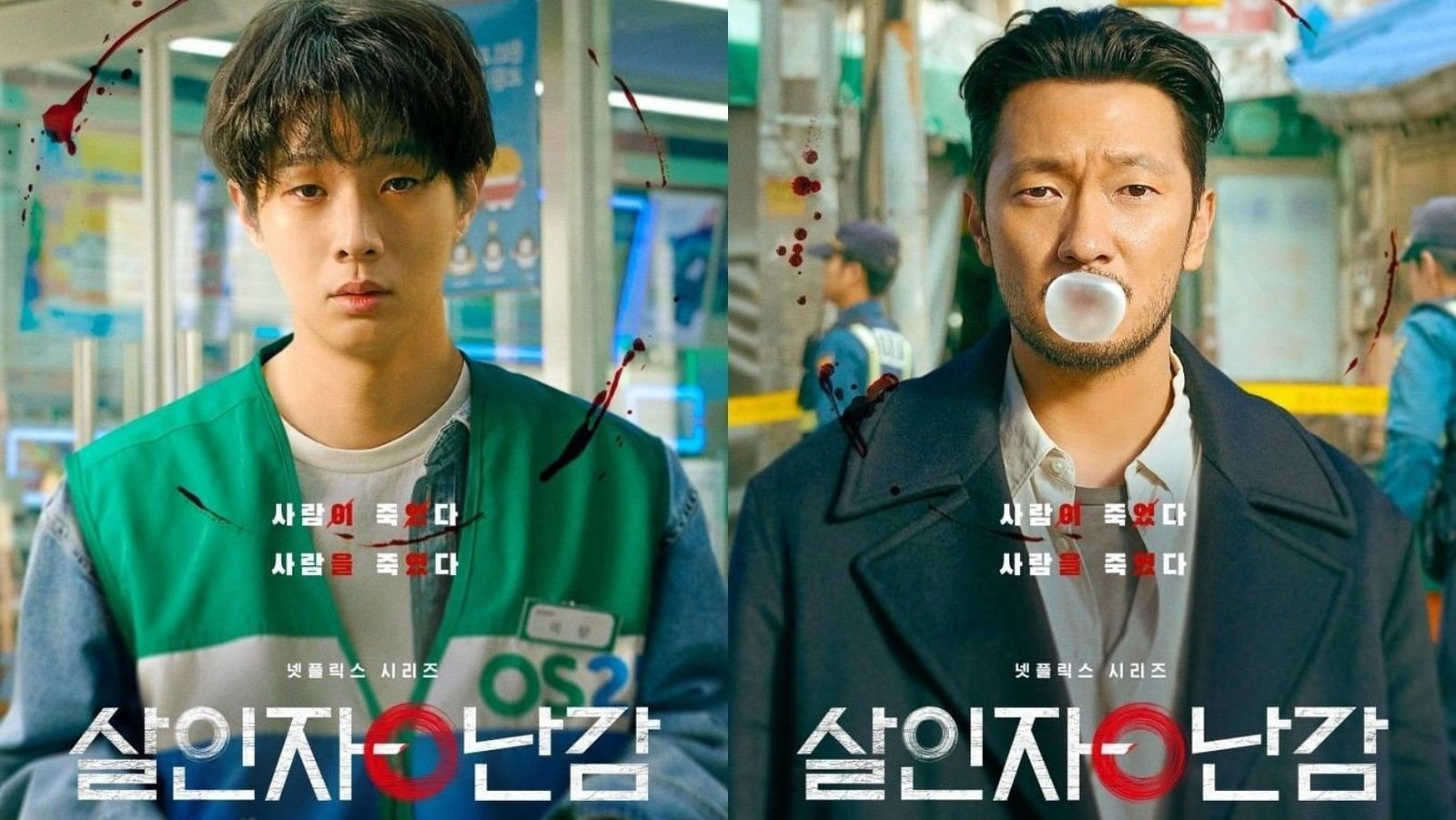
Introduction
“A Killer Paradox” is a riveting crime thriller that delves deep into the intricate layers of human psyche, morality, and mystery. Directed by the talented Lee Chang Hee and featuring an ensemble cast led by Choi Woo-shik and Son Suk, the drama presents a compelling narrative that keeps viewers on the edge of their seats.
Plot and Storyline (8.5/10)
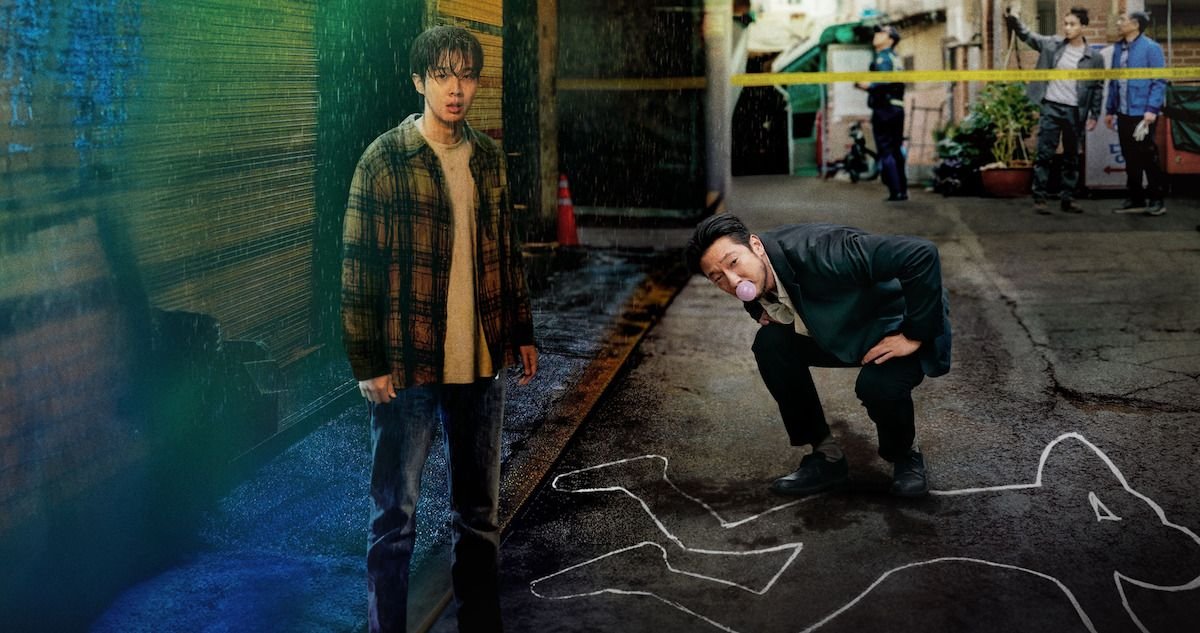
The premise of “A Killer Paradox” is both intriguing and original—a person inadvertently causing a death, and the ensuing chain of events woven with deception and suspense. The initial episodes set a strong foundation, captivating audiences with its intricate web of mysteries. However, as the story progresses, the plot becomes convoluted, straying from its core narrative and losing some of its initial gripping impact.
The introduction of a subplot involving a schoolgirl’s suicide feels disjointed, creating a slight imbalance in the overall storytelling. Despite these flaws, the drama manages to maintain a certain level of intrigue and unpredictability.
Acting and Cast (9/10)
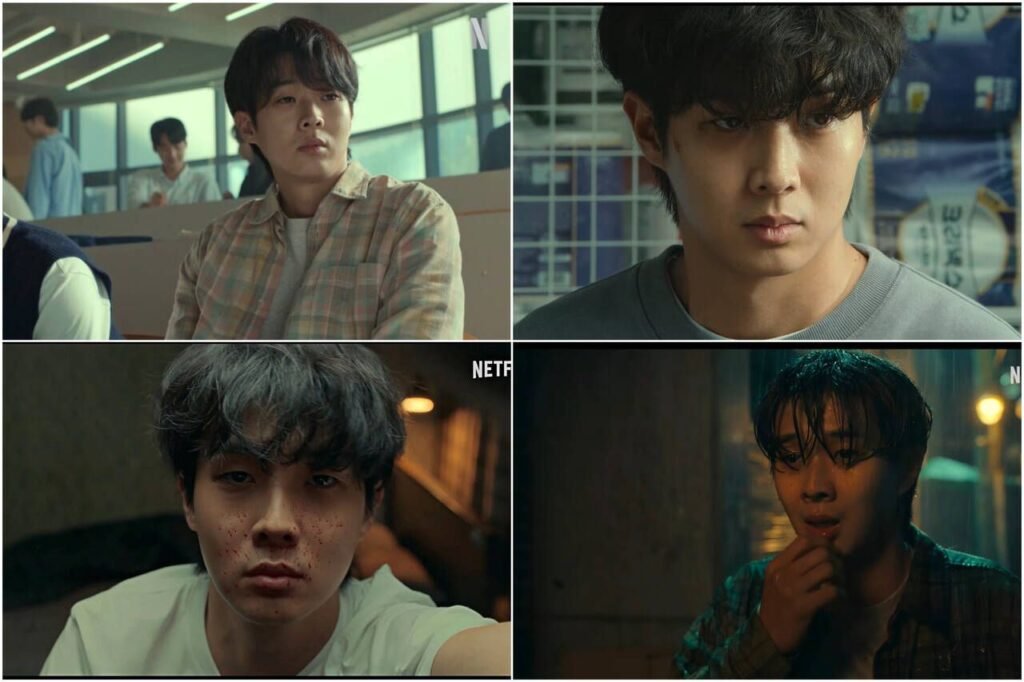
The standout feature of “A Killer Paradox” undoubtedly lies in the stellar performances delivered by the cast. Son Suk and Choi Woo Shik shine in their respective roles, bringing depth and authenticity to their characters. Their on-screen chemistry is palpable, adding emotional resonance to the unfolding drama. The supporting cast also deserves credit for their nuanced portrayal of complex personas, enriching the narrative with layers of intrigue and suspense.
Cinematography and Music (8/10)
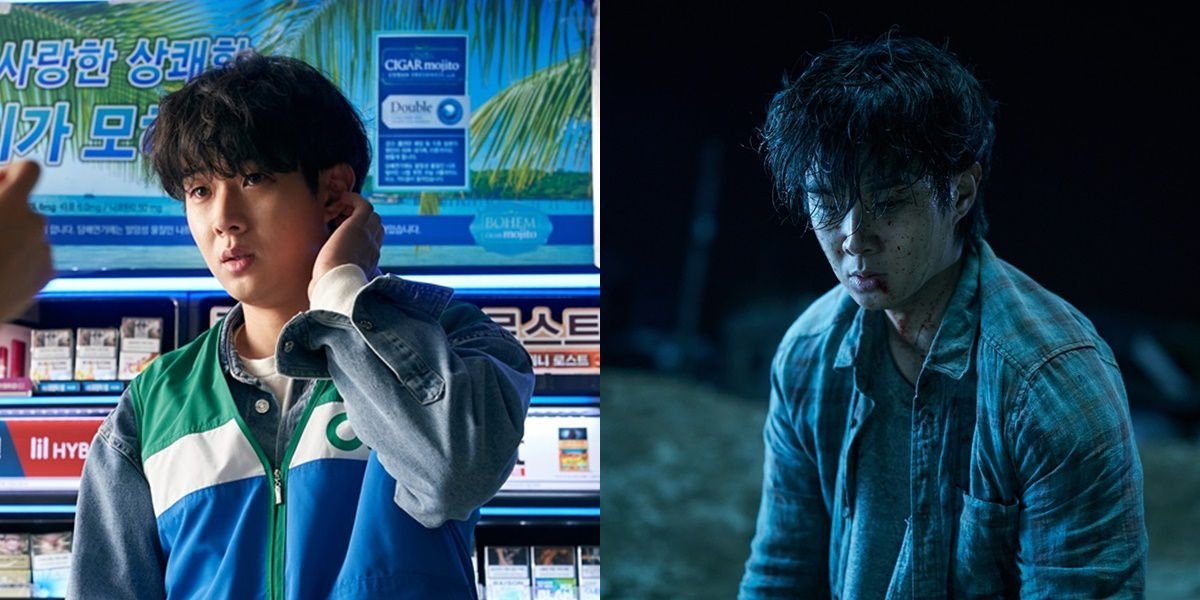
The cinematography in “A Killer Paradox” is visually striking and aesthetically pleasing, with well-composed shots and captivating visuals that enhance the overall viewing experience. The use of lighting and camera angles effectively conveys the mood and tension of crucial scenes. However, the music, while adequate, does not leave a lasting impact or contribute significantly to the emotional depth of the storyline.
Analysis and Critical Evaluation
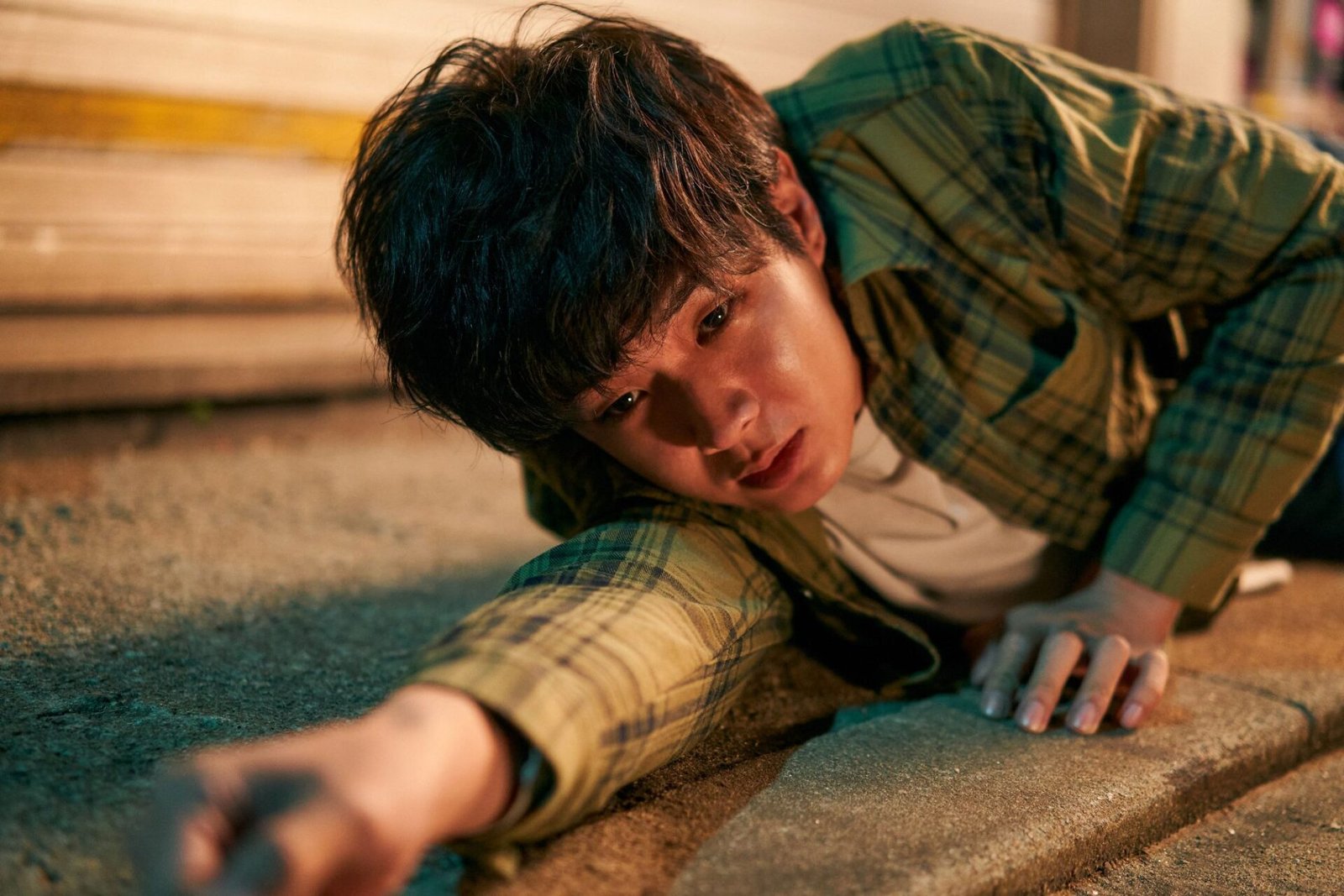
At its core, “A Killer Paradox” excels in its exploration of moral ambiguity and the repercussions of one’s actions. The drama deftly navigates complex themes such as guilt, redemption, and the fine line between justice and vengeance. Yet, it struggles to maintain a consistent narrative pace, occasionally losing momentum and failing to deliver on the promising setup. The resolution of certain crime cases feels rushed, leaving viewers wanting more closure and depth.
Strengths:
- Captivating performances by the lead actors
- Complex character dynamics and exploration of moral dilemmas
- Visually engaging cinematography
- Moments of suspense and intrigue that keep viewers invested
Weaknesses:
- Inconsistent storytelling and pacing
- Subplots that detract from the main narrative
- Unexplored potential in character development
A Killer Paradox | Official Trailer | Netflix
Watch this Video on YouTube: https://www.youtube.com/watch?v=X2rXQ0rEfPI
A 2024 crime thriller.
- Accidentally killed someone
- Evidence is somehow gone
- The someone who died was a heinous criminal
A godsent hero Or Unpunished sinner?
A Netflix series.
Final Verdict
In conclusion, “A Killer Paradox” may not be without its imperfections, but it remains a commendable attempt at crafting a riveting crime thriller. With its standout performances, compelling character dynamics, and moments of brilliance, the drama offers a thought-provoking and engaging viewing experience for fans of the genre.
While it falls short of achieving its full potential, the overall impact of “A Killer Paradox” is undeniably intriguing and worth exploring for those seeking a blend of mystery, suspense, and emotional depth in their K-drama repertoire.
Feel free to personalize, adjust, or expand upon the review further based on your preferences and insights to create a comprehensive and in-depth blog post on the Korean drama A Killer Paradox.
Reviews of People
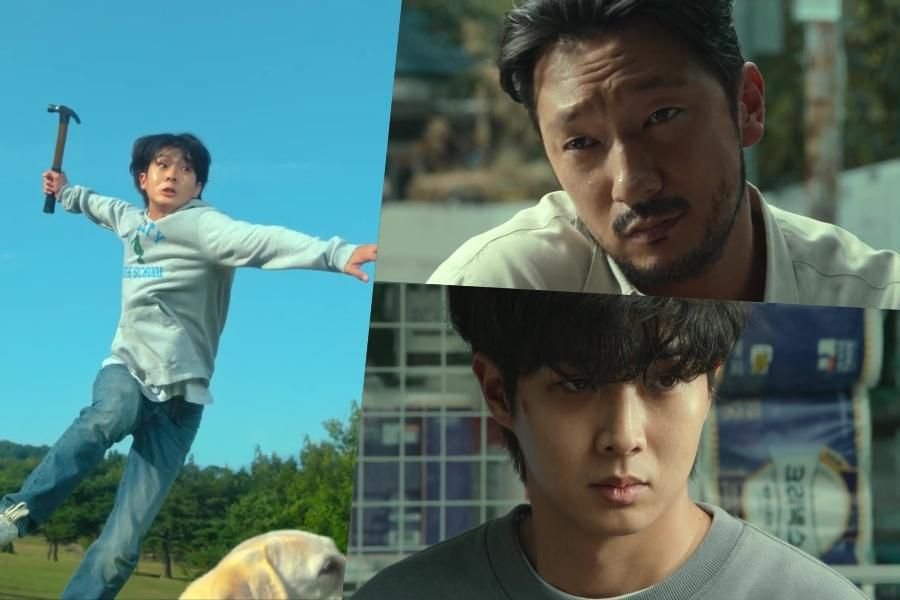
Refreshing
The series stands out for its unique narrative approach, where the main lead isn’t always the focal point. Instead, much of the story is told from the perspective of Jang Nan Gam (Son Suk Ku). The first episode begins from Lee Tang’s (Choi Woo Shik) point of view, but after a police chase, the focus shifts predominantly to the police’s perspective.
The story then takes a mysterious turn with the introduction of Song Chon (Lee Hee Joon), who drives the plot until the end. This unconventional storytelling captivated me, and I loved how it was executed.
The plot is fresh and intriguing, offering a departure from the often repetitive themes seen in Korean dramas and movies. The seamless transitions between different points of view were particularly impressive and hardly noticeable. Director Lee Chang Hee, known for “Strangers From Hell,” did an outstanding job with this series. The opening sequence is one of the best-directed scenes I’ve ever seen.
The transitions between scenes are mesmerizing, effortlessly moving from past to present or from hallucination to reality, sometimes projecting future characters into past scenarios. These transitions were executed flawlessly multiple times. Additionally, the use of background music was excellent and often overlooked. The beautiful cinematography enhanced the overall experience, and the acting was superb, with Song Chon delivering a standout performance.
While many dramas tend to drag with too many episodes, this series felt like it could have benefited from two or three more episodes to wrap up the story conclusively. Some viewers found the pacing slow in the middle, particularly with the introduction of two questionable characters in Busan, which made the story feel stagnant. However, the pace picked up again afterward. Despite this, I definitely recommend watching it.
Justice at a Crossroads, Morality in the Balance
“A Killer Paradox” immerses viewers in a gripping tale where chance encounters and fateful decisions propel a quest for vigilante justice. Lee Tang, a struggling college student, discovers a mysterious artifact that grants him glimpses into alternate realities. Motivated by a thirst for justice and personal grievances, he uses these visions to expose the corrupt and powerful. However, as boundaries blur and consequences escalate, Tang must wrestle with the weight of his actions and the unforeseen ripple effects they cause.
Plot: A Web of Choices and Consequences
The narrative unfolds like an intricate puzzle, with each decision Tang makes sending him down a different path with unpredictable outcomes. The absence of time travel avoids repetitive loops, instead emphasizing the butterfly effect of his choices. This constant tension and uncertainty keep viewers guessing about the repercussions of each manipulation. However, the story’s complexity can sometimes be overwhelming, and the links between Tang’s actions and their consequences aren’t always fully explored.
Characters: Morality in the Face of Fate
Lee Tang is portrayed as a flawed and complex protagonist, brought to life by Choi Woo-shik’s captivating performance. Tang’s internal struggle as he navigates the murky waters of vigilantism is compelling. The supporting cast is equally well-developed, each character harboring motivations and secrets that intertwine with Tang’s journey. From the enigmatic detective to the cunning villain and Tang’s unwitting accomplices, they all contribute to the narrative’s depth.
Acting: Bringing the Paradox to Life
The talented cast breathes life into their characters. Choi Woo-shik expertly portrays Tang’s transformation from a disillusioned student to a determined vigilante, grappling with the consequences of his choices. The supporting actors also deliver compelling performances, adding depth and nuance to the story.
Critical Analysis: Beyond Black and White Justice
“A Killer Paradox” transcends the typical vigilante narrative by exploring the complexities of morality and fate. The absence of time travel forces the story to confront the irreversible nature of consequences, challenging viewers to consider the ethical implications of Tang’s actions. The show does not shy away from depicting the emotional toll and potential dangers of vigilantism while also questioning the limitations of the justice system and the societal forces that drive individuals to take matters into their own hands.
In Conclusion
“A Killer Paradox” is a thought-provoking and suspenseful drama that challenges viewers to confront the complexities of fate, justice, and the consequences of our choices. While the absence of a particular focus might shift the show’s emphasis, the strong performances, intricate plot, and exploration of moral dilemmas make it a rewarding watch for those seeking more than just a typical vigilante story.
A Story About a Loser Becoming a Killer
The premise starts strong, despite some saying the beginning of episode 1 is slow. This setup is crucial for understanding who Tang is and the decisions that lead him to his current state. The first 3-4 episodes are particularly compelling, as they depict Tang grappling with the aftermath of each murder. Initially, he’s overwhelmed with guilt, and later, fear of getting caught takes over.
However, like many thriller dramas, episodes 5-7 felt weaker and struggled to hold my attention. While it was interesting to watch Tang become more cold-hearted and less cowardly, these episodes were somewhat tedious. Fortunately, the last episode rebounded strongly, especially with its conclusion.
The ending was captivating because the show doesn’t encourage rooting for Tang. Initially, you might sympathize with him during the first accidental, self-defense killing, but as the story progresses, it becomes clear that he’s a psychopath. The show suggests he has a “power” where he gets goosebumps upon encountering bad people, prompting him to kill them.
However, when you look at the events chronologically, you see the psychopathy in his actions. Tang meets people by chance, gets goosebumps without a clear reason, interprets this as a sign to kill, and by luck, those people turn out to be evil. The final scene, where Tang looks in the mirror and gets goosebumps, indicates that even his “powers” recognize his own deservingness of death.
The fact that he continues killing without remorse, even after being cleared of charges, shows that he has found his purpose in life through murder. He’s fortunate that his victims were evil and that he always got away with it.
I wonder what would have happened if Tang had killed someone innocent due to a faulty “radar,” similar to what Song Chon experienced. Would Tang have been broken by it, or would he have convinced himself that he was still justified?
In terms of acting, the series did not disappoint. Featuring some of the best actors in the Korean industry, the performances were exceptional. The actors carried much of the show, as the general plotline isn’t particularly complex. This was also the case with the director’s other well-known work, “Strangers From Hell,” which had a straightforward plot elevated by outstanding acting. This acting was so compelling that it made some viewers uncomfortable, affecting the show’s initial TV ratings.
The cinematography was excellent. At first, the shifts in perspective between Tang’s mind and reality were confusing, but once I got used to distinguishing between what was real and what was imagined, I appreciated it more. It suggests that Tang’s descent into serial killing was partly due to his inability to distinguish reality from his delusions or god complex.
Overall, I enjoyed the series. It fell a bit short of my expectations because I anticipated a more dynamic “cat and mouse” game between Tang and Nangam. Instead, Tang survived mainly due to luck. Nonetheless, the story remained intriguing.
A Hero Sent from Heaven or an Unpunished Sinner
This series explores big, complex questions about justice and morality, placing us in a world where the lines between right and wrong are blurred. It shares some thematic similarities with “The Vigilante 2023,” but stands out with its innovative approach, using certain tropes to delve deeper, often with a touch of dark comedy.
What I found intriguing was that the main hero wasn’t the central focus; instead, the narrative transitioned between several main characters caught in a relentless pursuit. By the end, this shifting perspective offers insight into their changing viewpoints.
The show’s dark atmosphere, moral ambiguity, and unsettling ending don’t provide a clear answer, instead showcasing the characters with all their flaws. It allows viewers to see them navigate the shadows cast by their actions, circumstances, or delusions.
However, after establishing an intriguing premise, the series struggles to maintain depth, quickly becoming a slow burn. Given director Lee Chang Hee’s previous work, “Strangers from Hell” (2019), I expected another dark psychological crime drama but felt let down. It’s hard to pinpoint whether the issue lies in the script or the plot.
While “A Killer Paradox” distinguishes itself from other K-dramas with its unique directing style and is arguably one of the best-directed shows this season, especially with its consistent use of a musical score to highlight the dark comedic tone, it slowly loses its allure as the series progresses.
The first four episodes excelled on many levels, but the story became bogged down with unnecessary twists and a disjointed narrative, leading to a chaotic and slow pace that persisted until the final episode. By then, the direction of the story was predictable, veering away from the detective narrative.
In general, the series doesn’t align with typical expectations for a suspenseful drama about a serial killer or a hero with superpowers targeting villains. Instead, it’s a crime, investigation, and chase series with a dark atmosphere and elements of revenge. The plot feels chaotic and relatively slow.
The series might have been more effective as a dark, extended film, omitting the subplot involving the murderous detective, which felt tangential and was seemingly added for additional tension. While I personally didn’t care for this character, I understand his role in clarifying the story. Nevertheless, the ending did capture my attention, especially in how it shed light on his past.
A Korean Work with Tarantino-esque Elements
This drama is meticulously crafted, with great care taken in casting and acquiring the rights to the Webcomic it is based on. The plot is intricately woven, with every detail carefully developed by the screenwriter. The direction and character development are commendable, with well-directed scenes that bring out the best in every character.
Choi Woo-Sik, despite some controversies outside his career, proves himself as a versatile actor capable of conveying a wide range of emotions in a dense drama that also has a comedic and irreverent tone. The show masterfully blends elements of murder, blood, and comedy in a way reminiscent of Tarantino’s films like “Django” and “Kill Bill,” where dark humor and violence are intertwined.
The villain Song Chon, portrayed by the outstanding Lee Hee-Jun, is a character meticulously crafted by his environment and the people around him, transforming him into a ruthless, bloodthirsty monster. My favorite character was Roh Bin, played by the talented Kim Yo-han, who added charm and depth to a heavy, violence-laden drama.
His portrayal of a nerdy vigilante, who shared a deep, brotherly bond with Lee Tang, was both endearing and tragic. His death, while saddening, felt necessary for the direction the drama took.
Although the ending was somewhat open-ended, it felt conclusive enough. The drama fulfilled its purpose, and the story doesn’t require a continuation.
A Chronicle of an Atypical Killer
The summary doesn’t do this series justice. At first glance, you might think it’s similar to “The Vigilante,” featuring a dark protagonist who punishes criminals while playing a game of cat and mouse with the police. However, the approach here is intriguingly original.
The story revolves around Lee Tang, a young man with no prospects. He is stuck in a slump, working part-time jobs, living in a small, unsanitary apartment, and receiving little attention or consideration. He fits the archetype of a “loser,” and those around him aren’t shy about pointing it out. Unwittingly, he becomes a murderer, leading to a downward spiral where crimes, cases, witnesses, and police pursuits pile up. Meanwhile, a larger scheme is unfolding behind the scenes, with someone pulling the strings.
This series incorporates supernatural elements, and inexplicably, Lee Tang always manages to escape the consequences of his actions without even trying. For instance, during his first murder, he leaves the weapon at the crime scene, but a dog retrieves it and takes it away before the cops arrive. In another instance, a dog licks the blood and the fingerprints he left behind, making his DNA untraceable.
Or when a fly lands on a security camera lens, preventing the police from seeing him holding a hammer. The odds of these occurrences are ridiculous, yet they provide a darkly humorous twist to the story. It’s as if the universe is conspiring in his favor, allowing him to evade justice despite his inability to cope with the weight of his actions.
Despite these comedic elements, this isn’t a comedy series. There are no characters designed for comic relief; instead, the show maintains a tense and dark atmosphere. It’s a dark thriller that, while entertaining, doesn’t overdo it like “Big Mouth.” It remains grounded with a supernatural flair, and emotionally, we’re not connected to the protagonist. Instead, we mostly feel pity for the victims, making it a fast-paced and engaging thriller.
The writers and directors deserve high praise for their work. If you’d told me a dark thriller could seamlessly blend these elements while remaining credible, I wouldn’t have believed you, as I’m picky with thrillers and haven’t encountered one like this before. The storytelling, particularly through editing, is remarkable.
The superposition of scenes enhances the action and delves into Lee Tang’s imagination, creating a visual feast. The music also adds intensity, reminiscent of a horror film. It has echoes of “King of Pigs,” especially in how flashbacks add pace and suspense to the story.
I highly recommend this series if you enjoy thrillers. It’s a must-watch.
Gallery
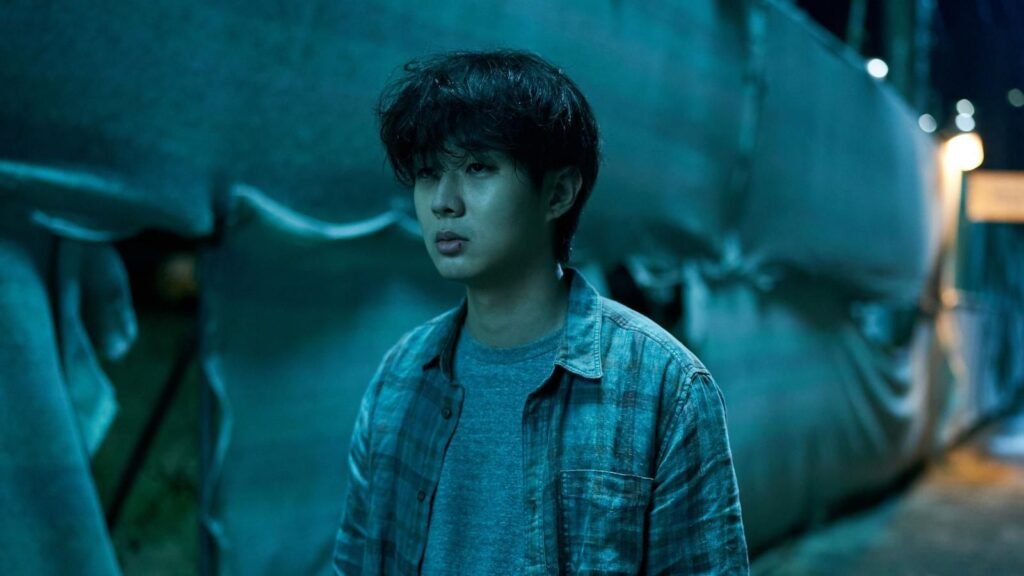

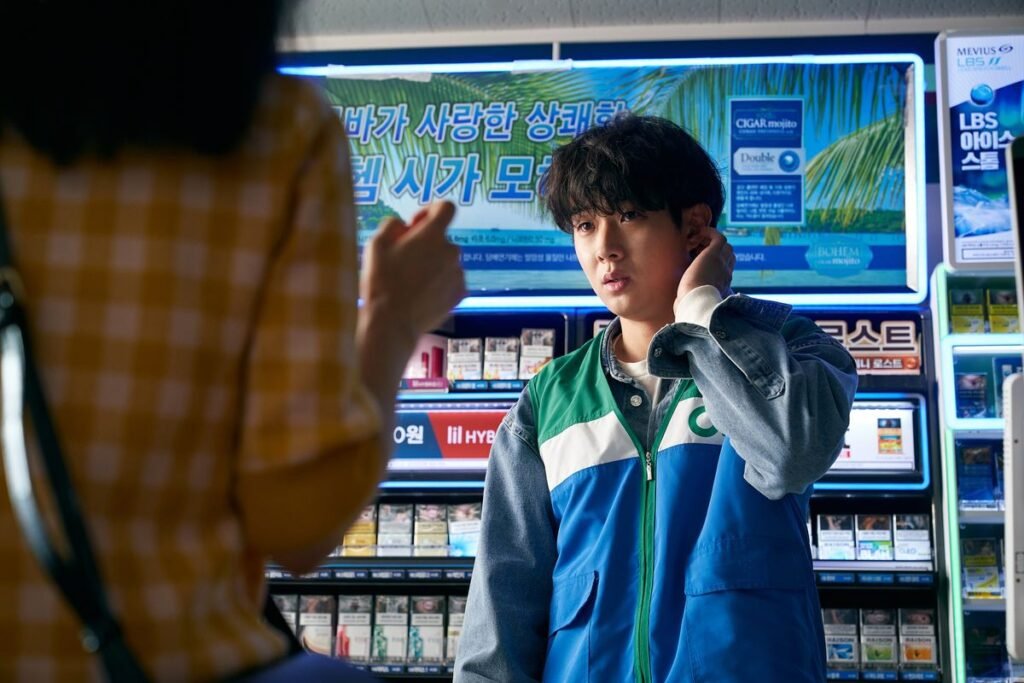
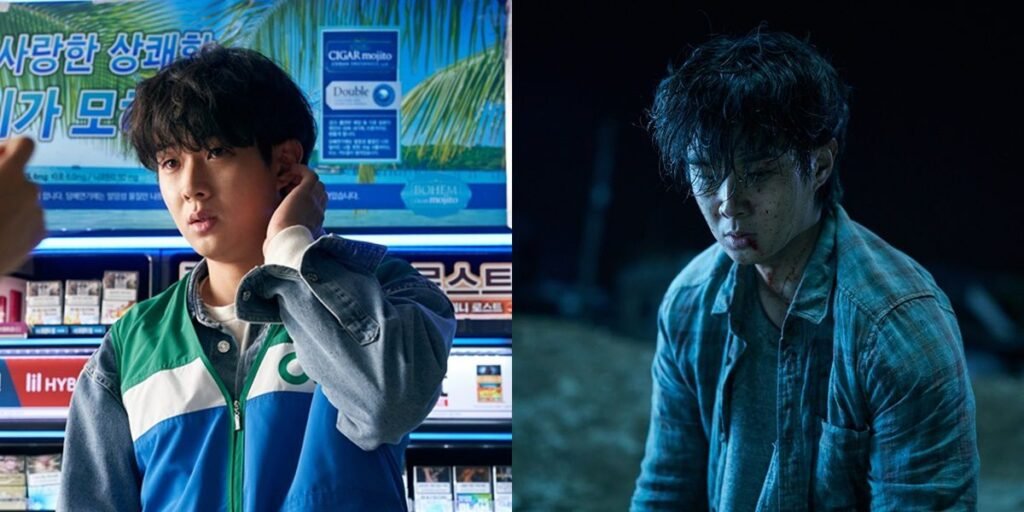
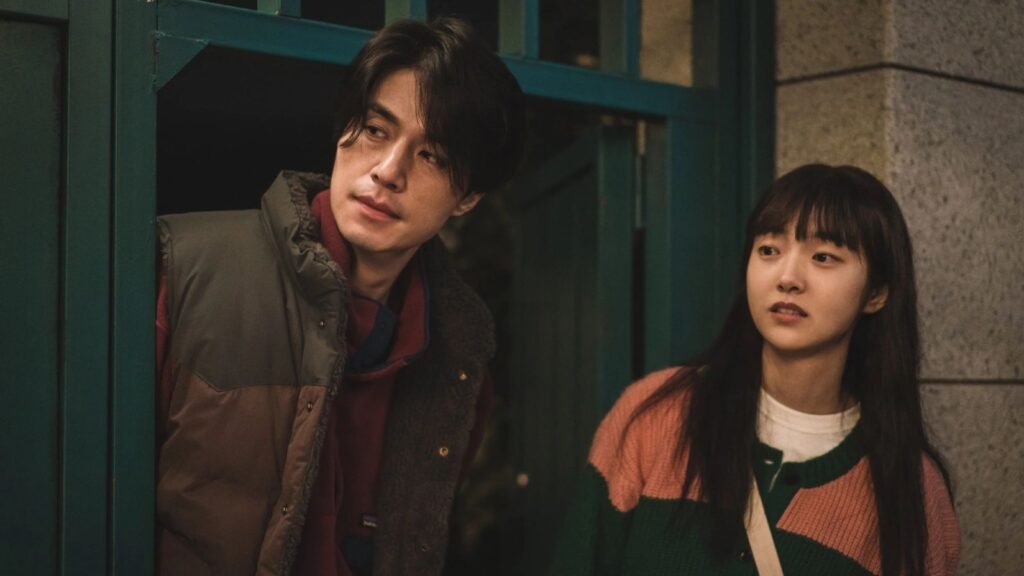
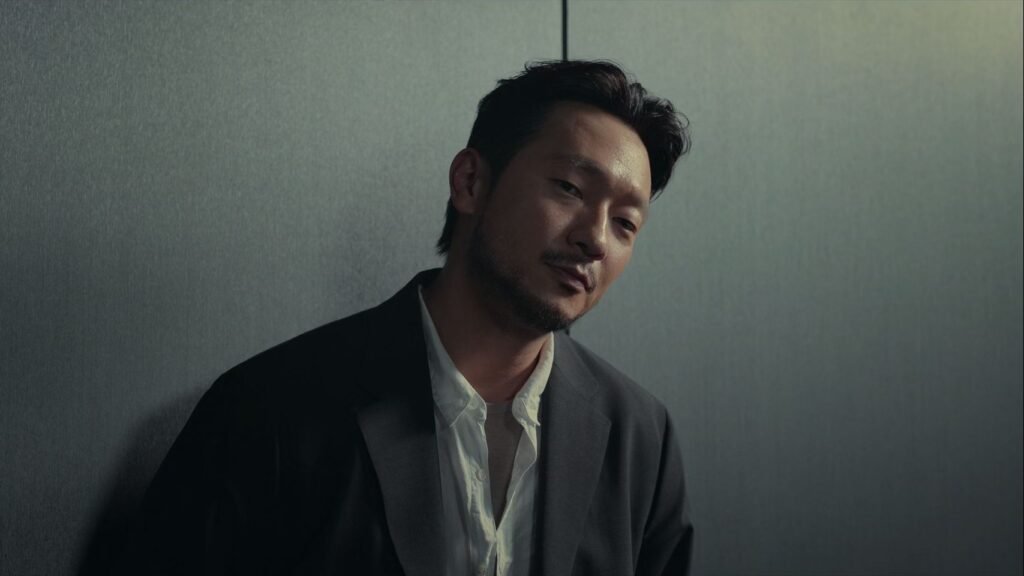
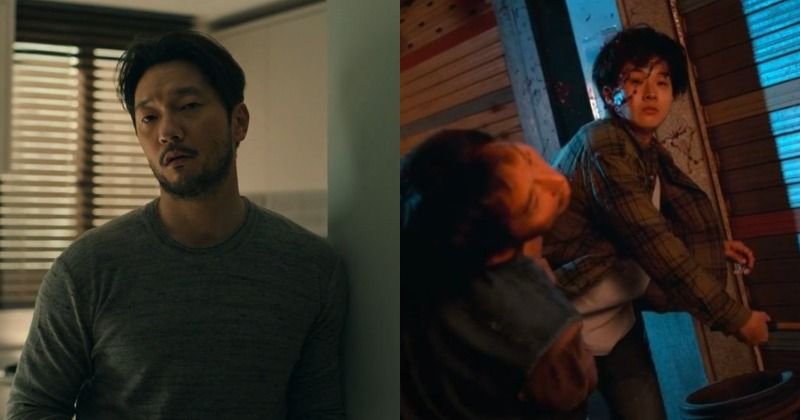
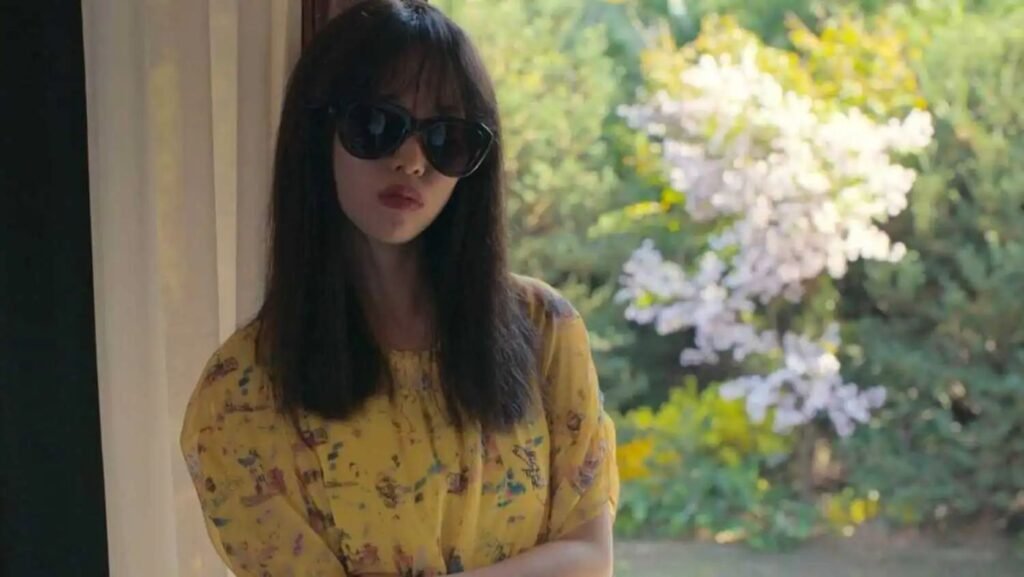
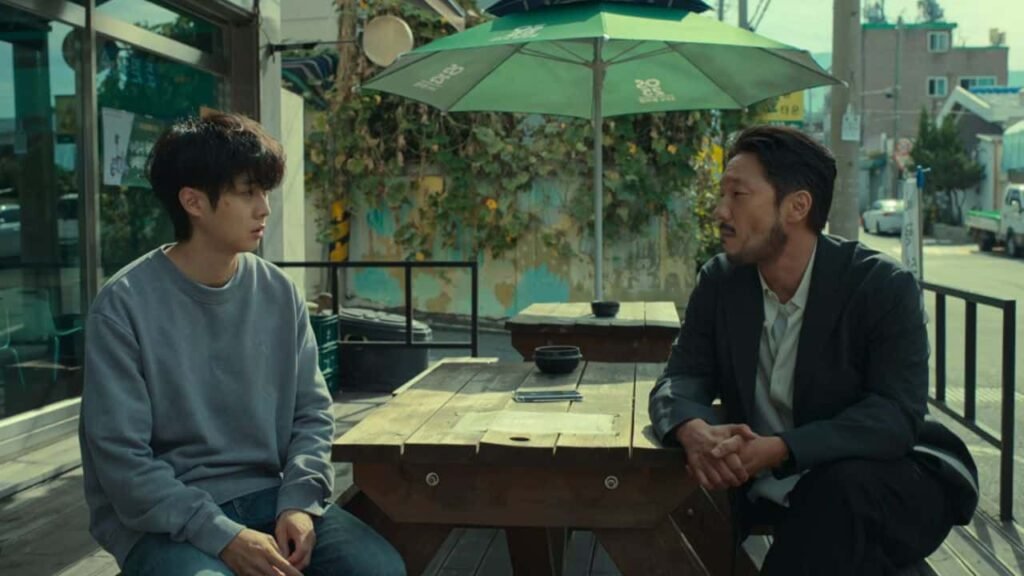
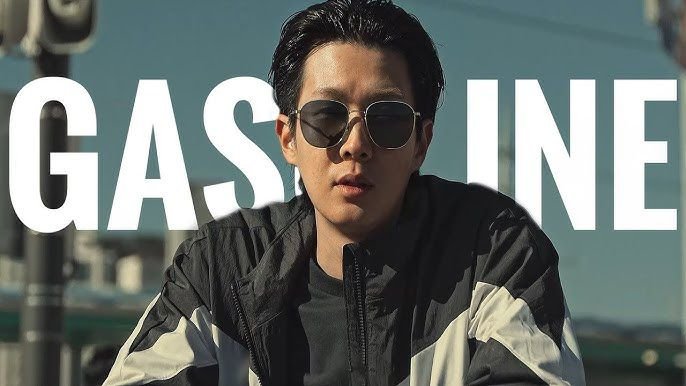
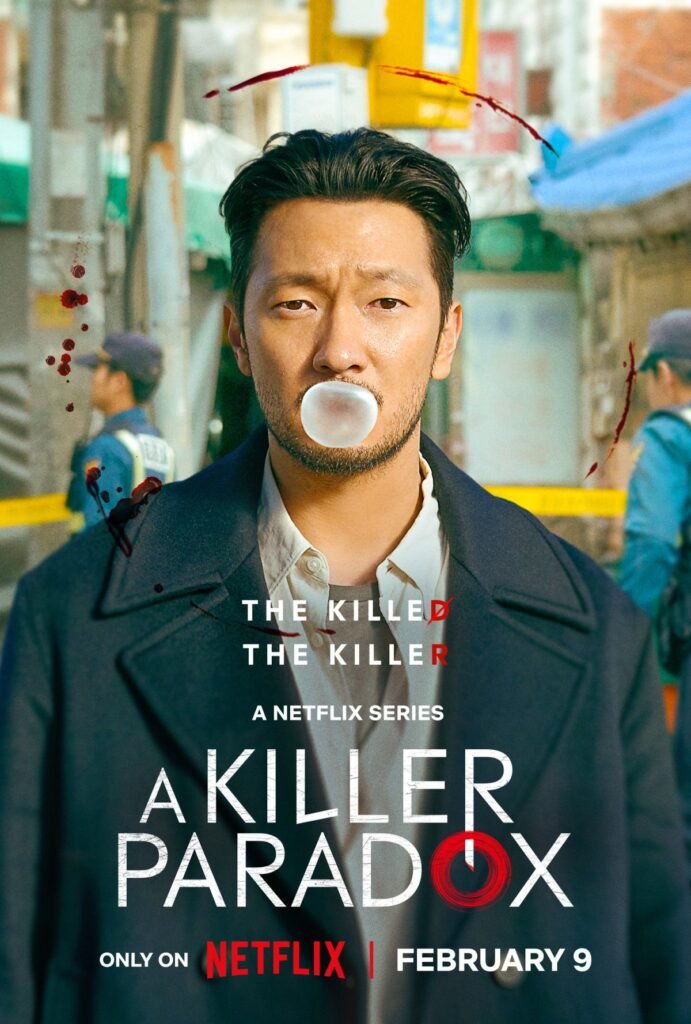
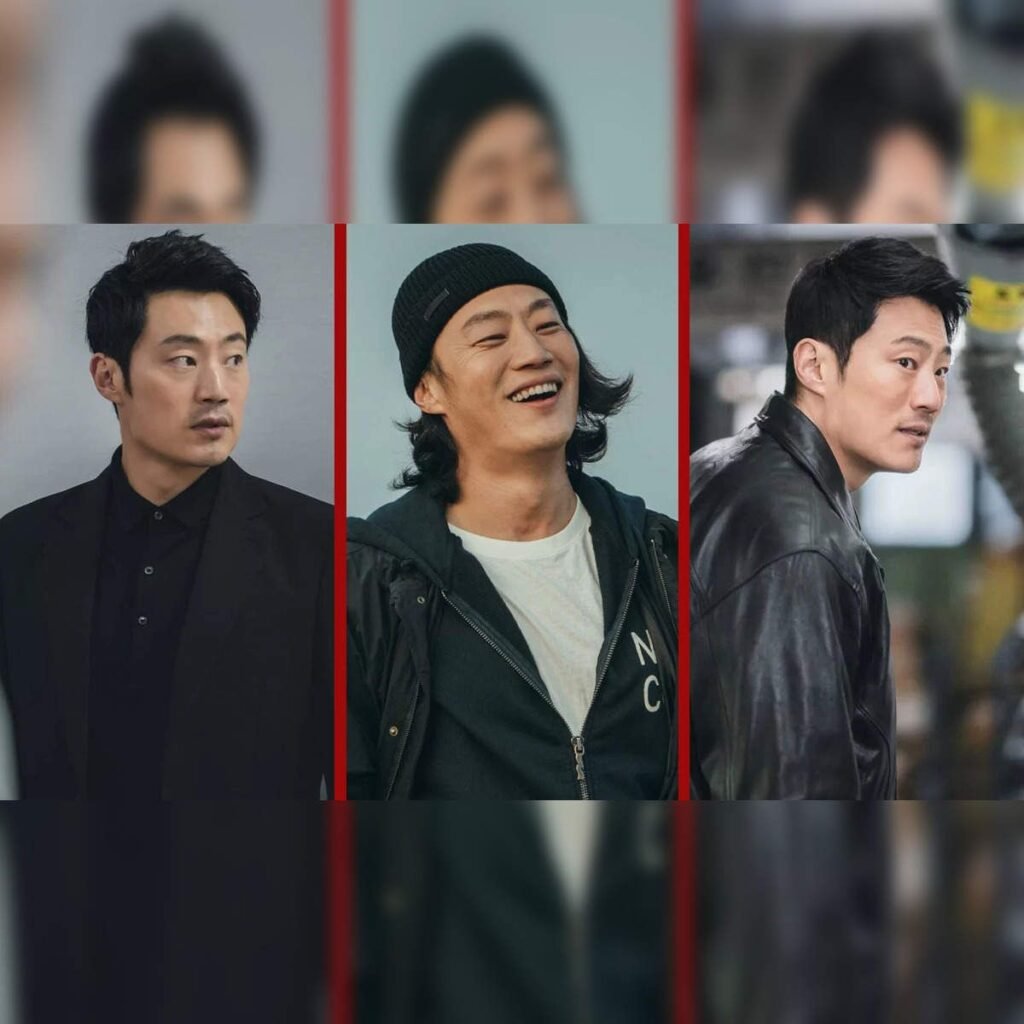


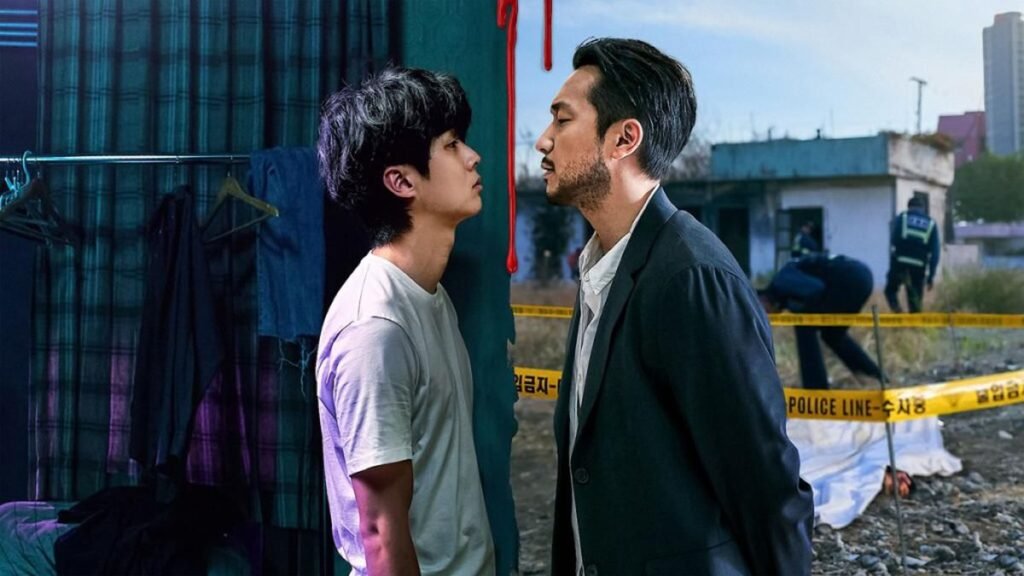
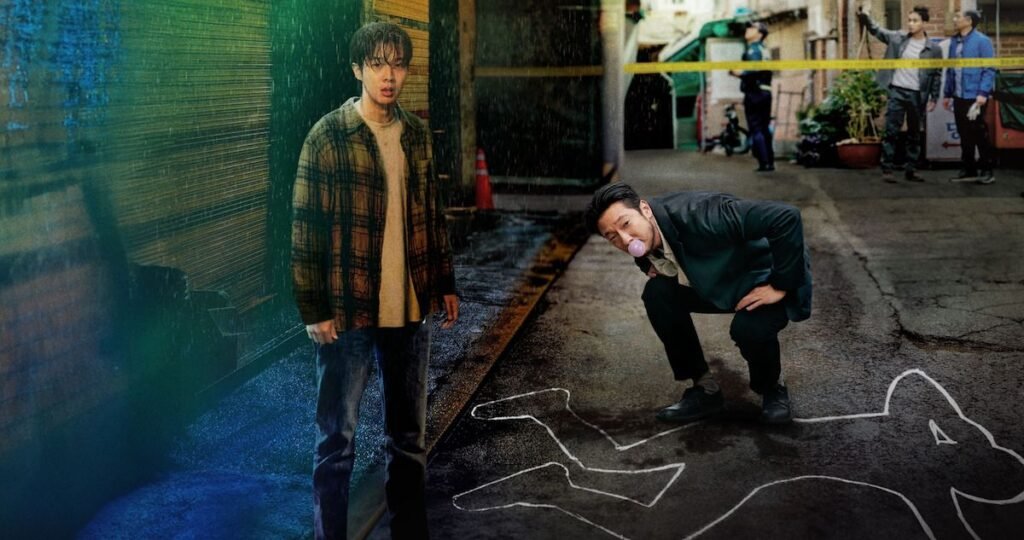
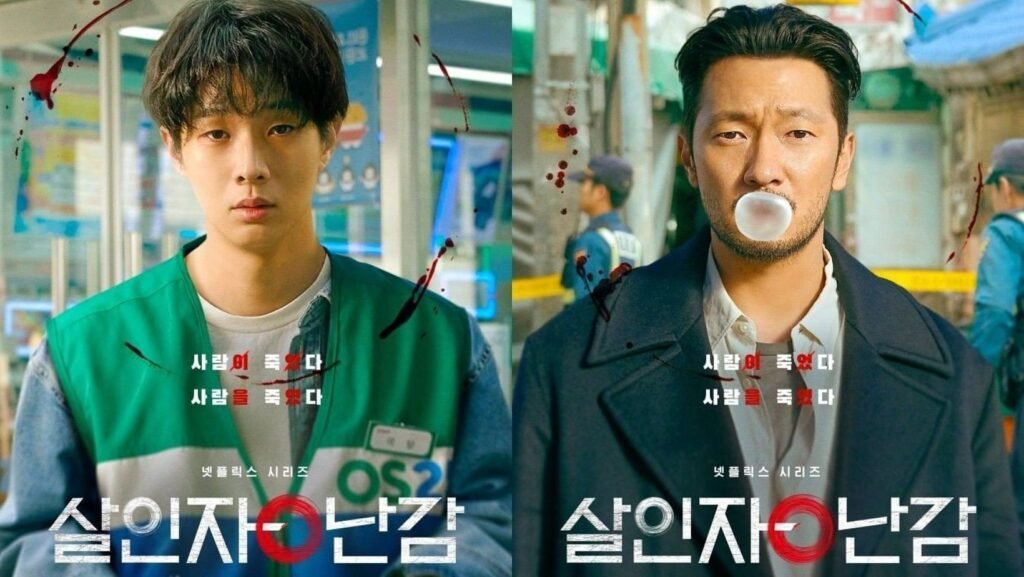
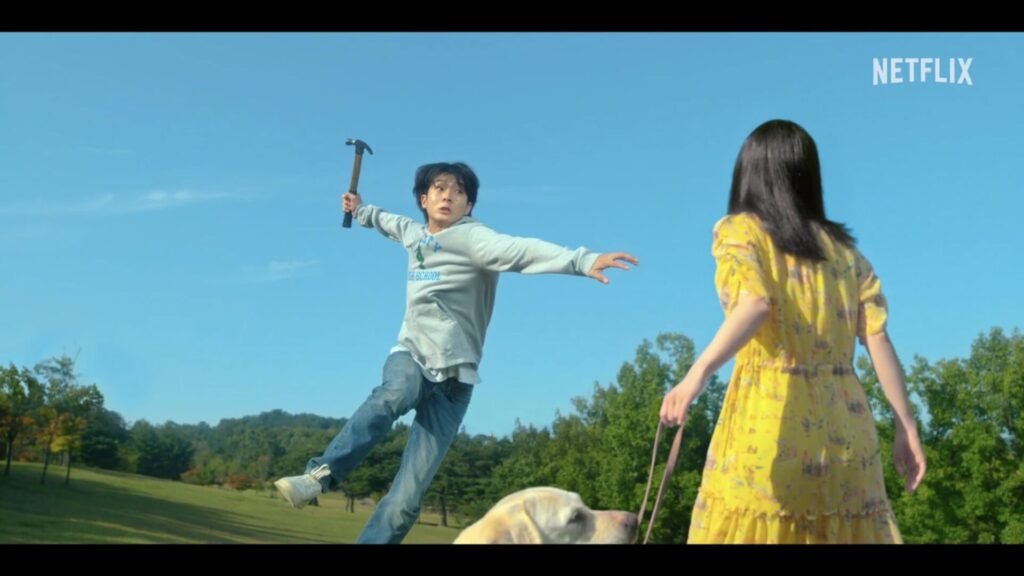
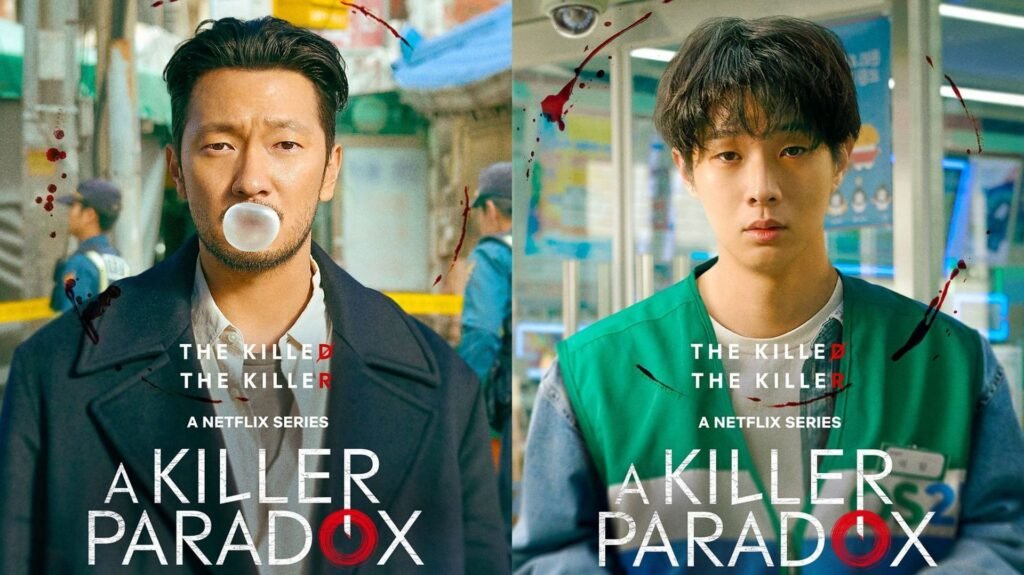
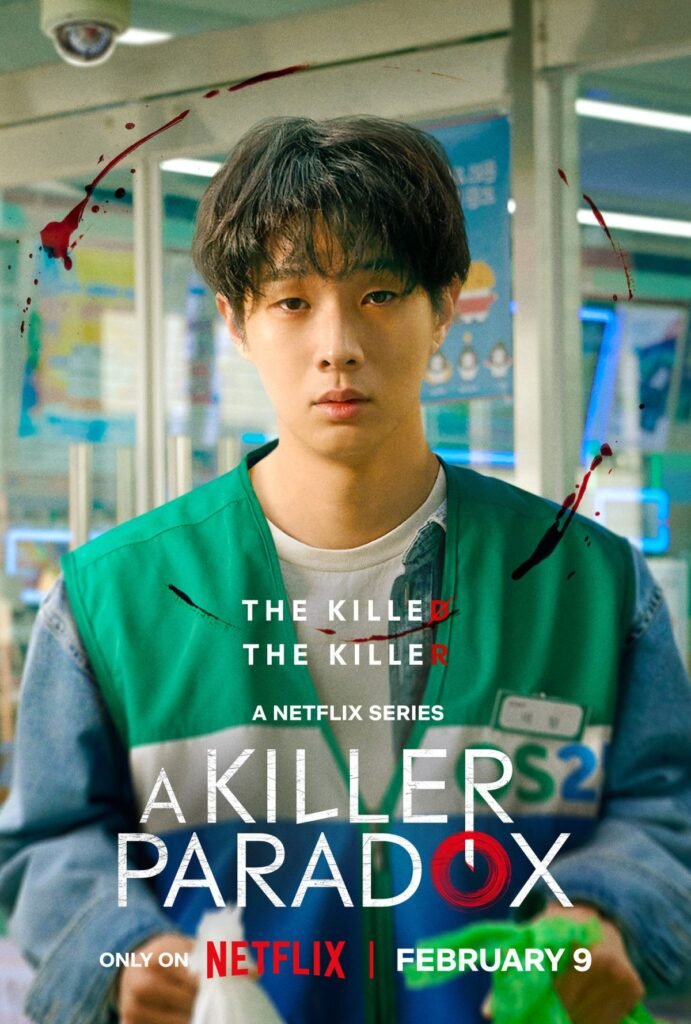
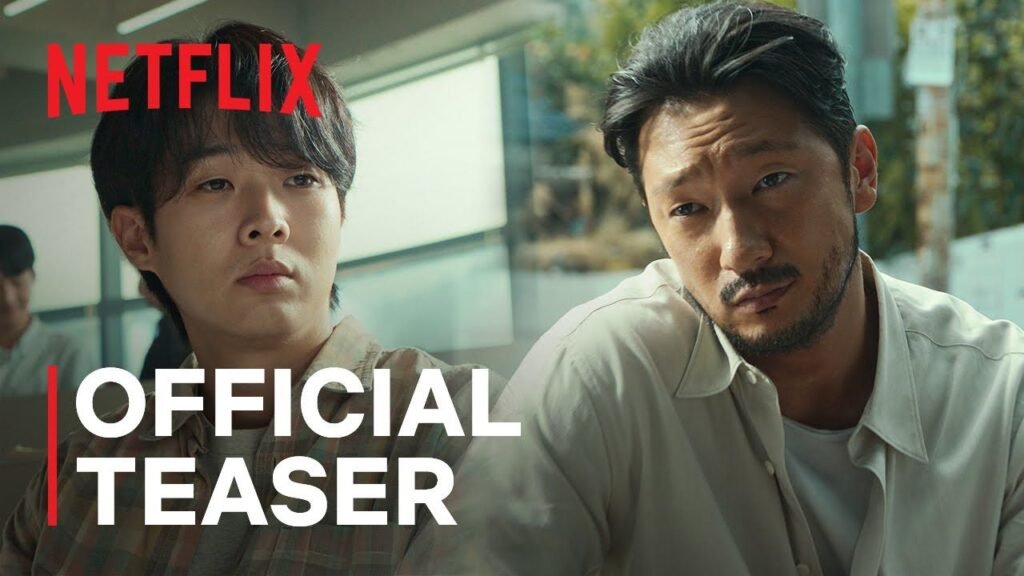
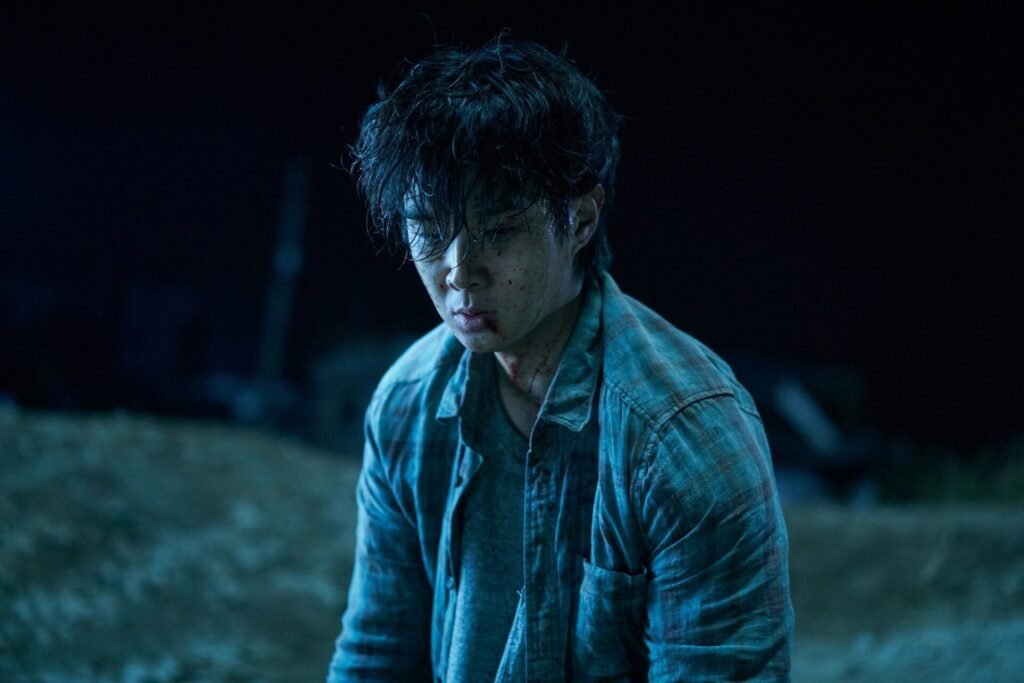
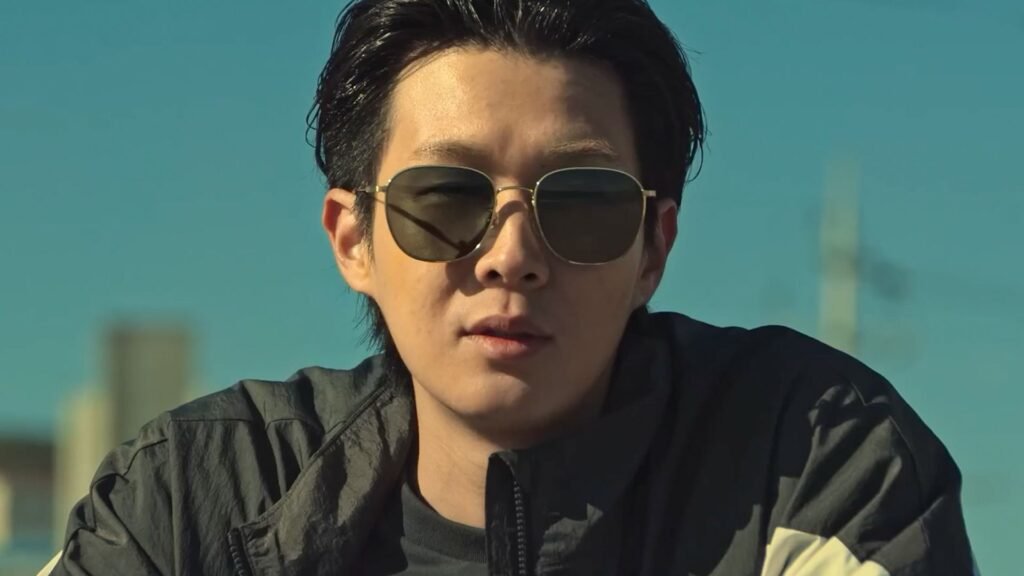
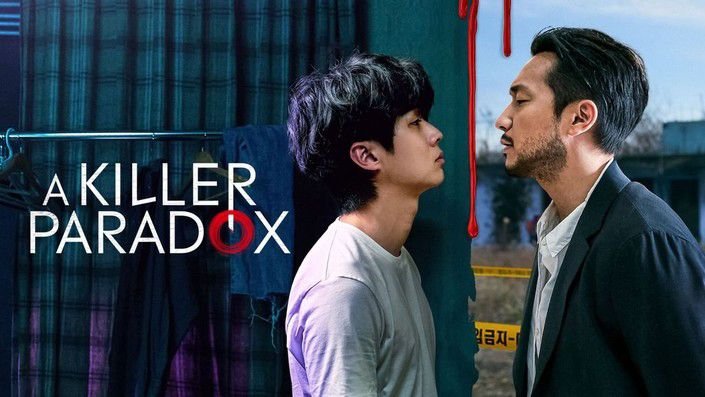
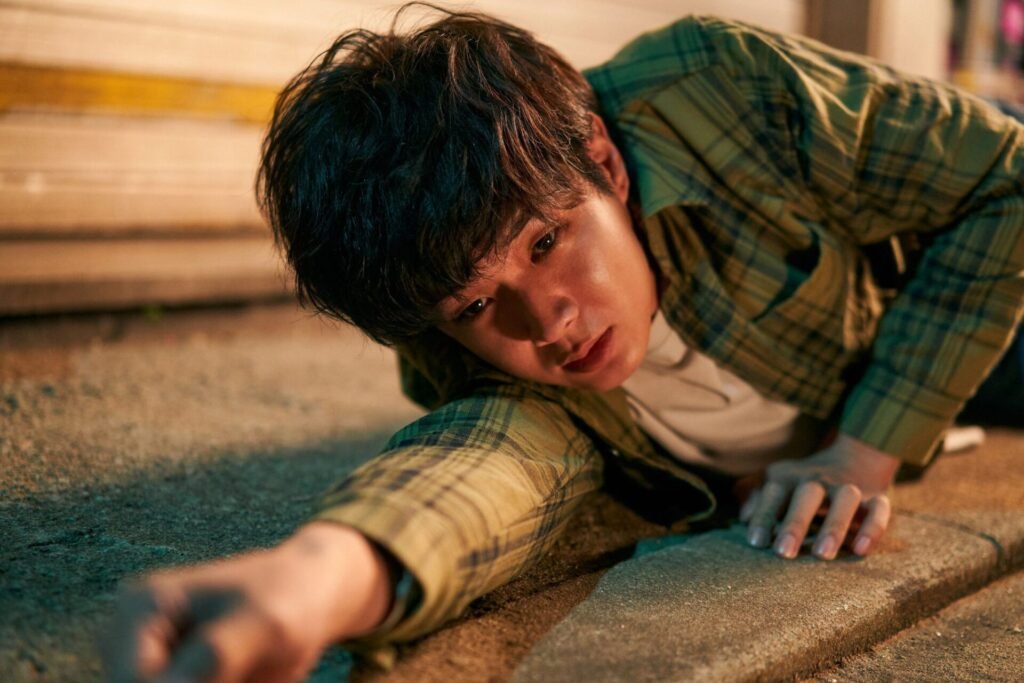
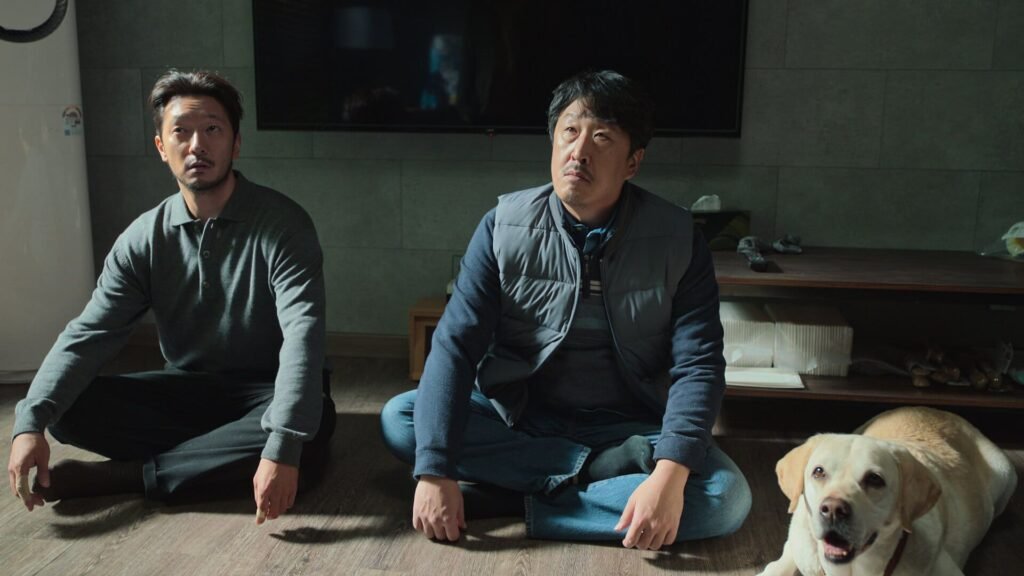

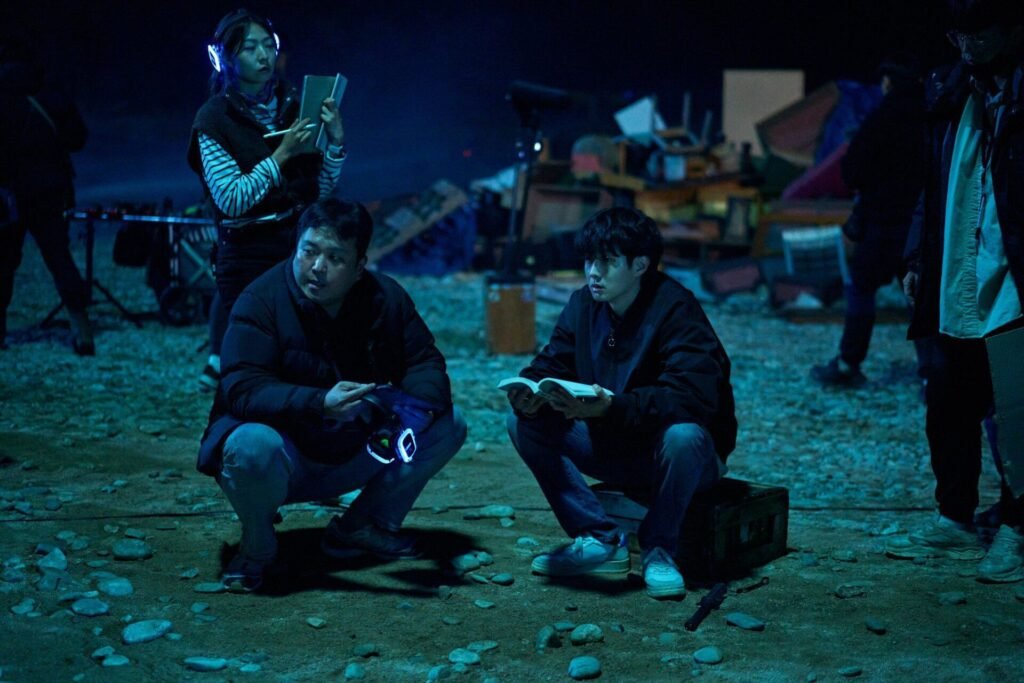
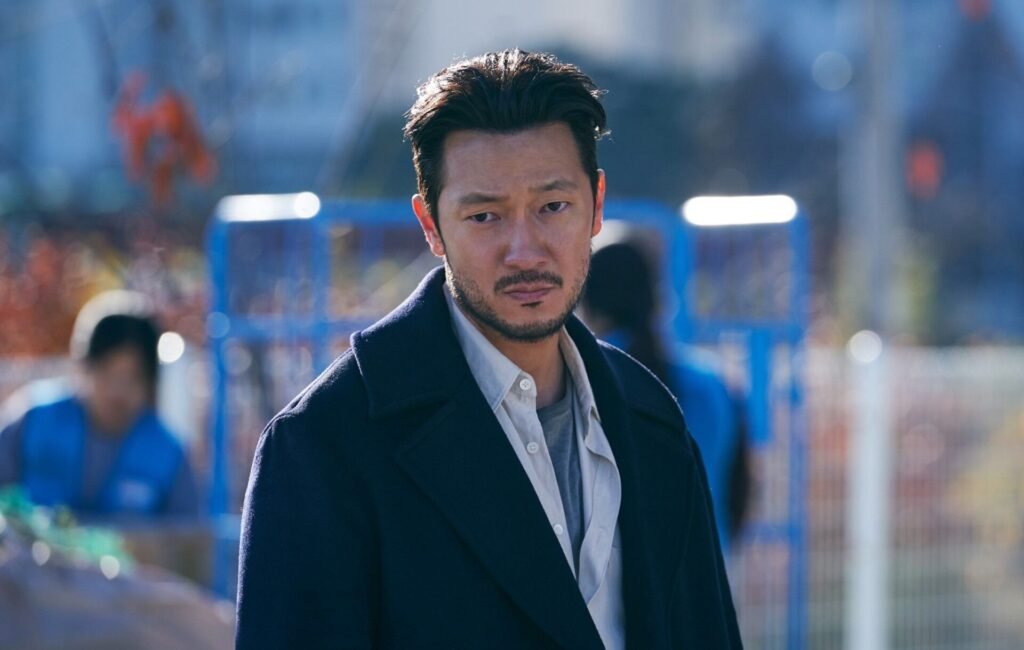
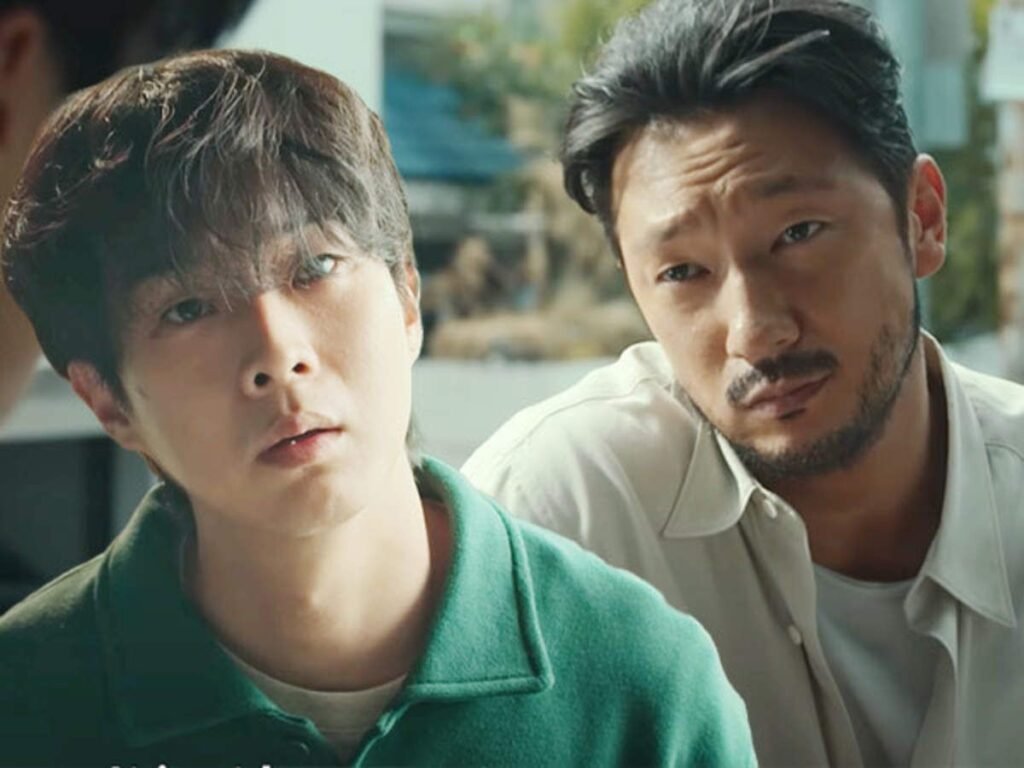
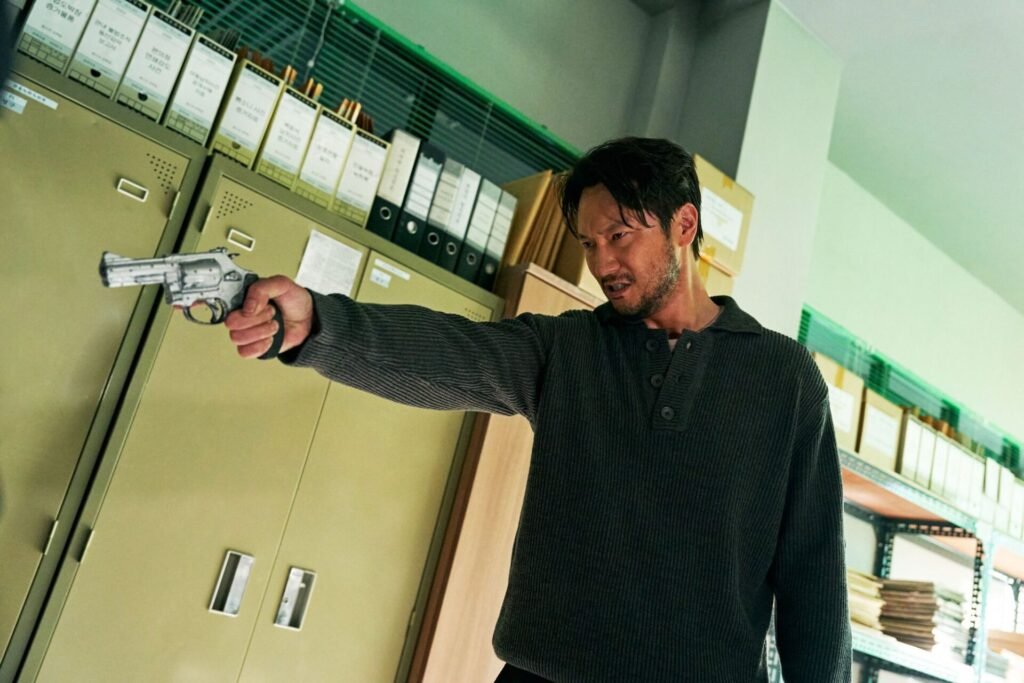
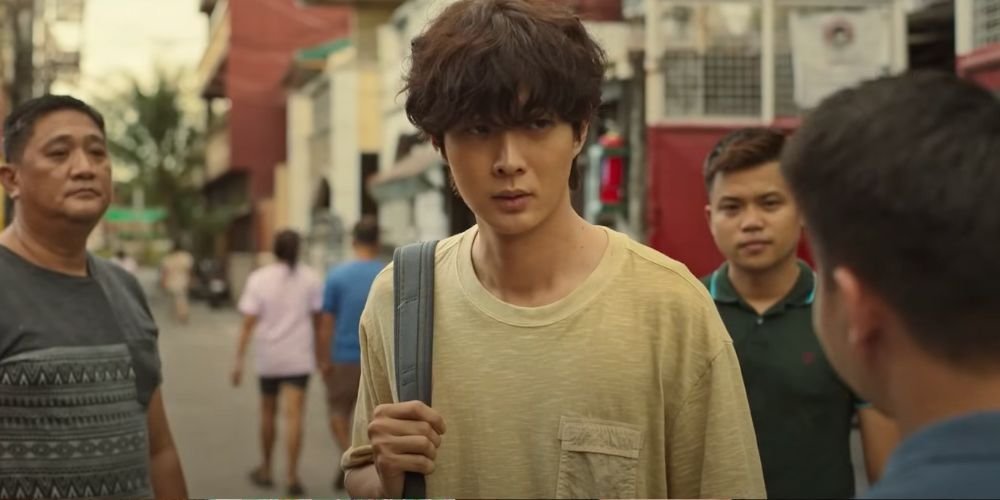
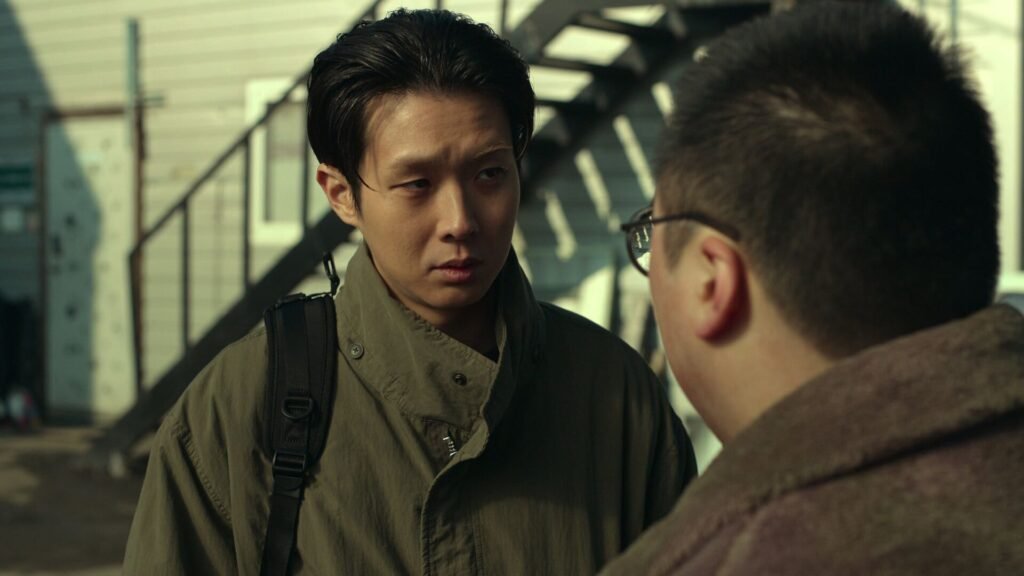
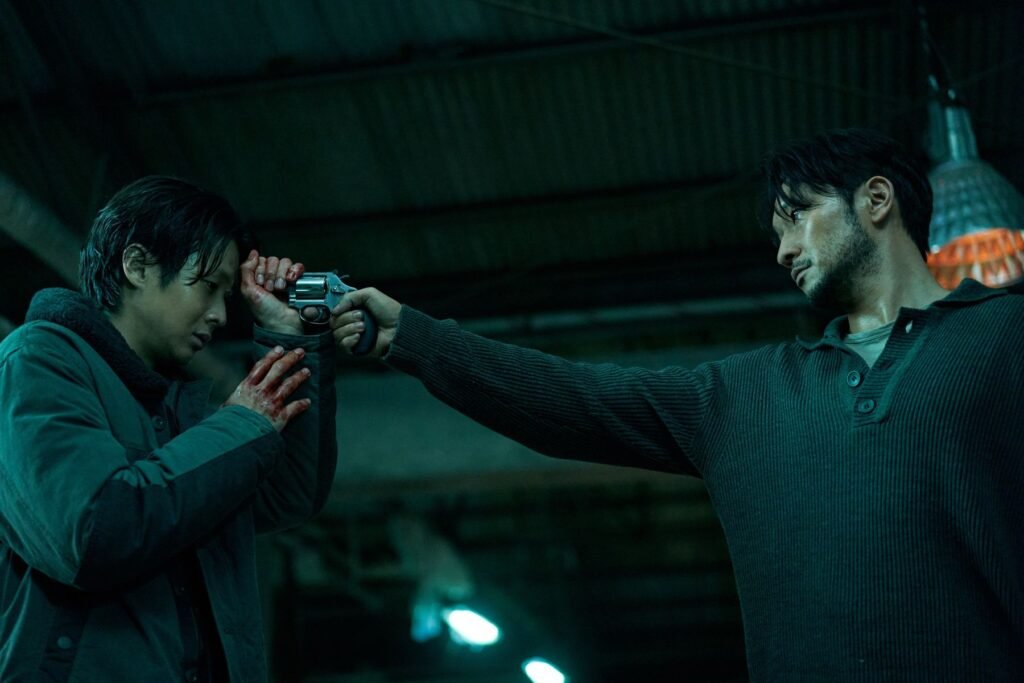
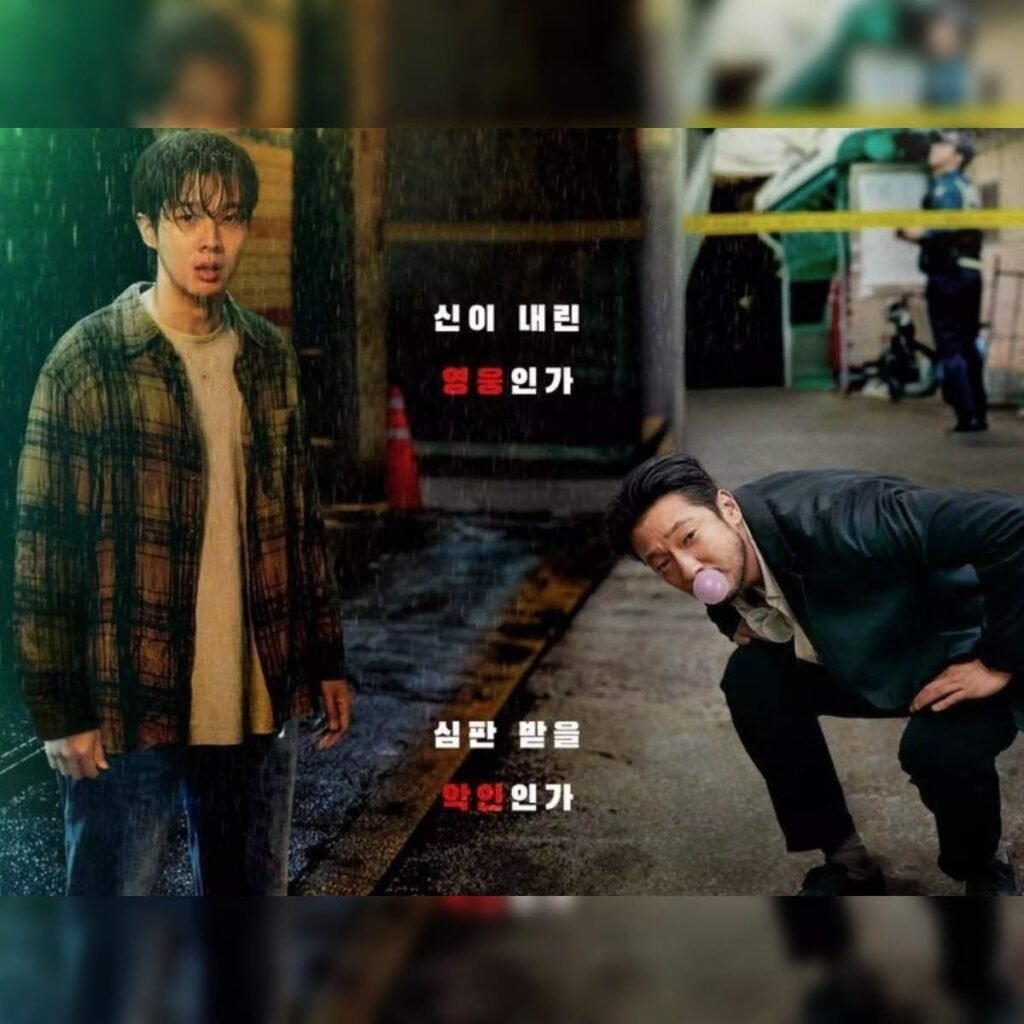
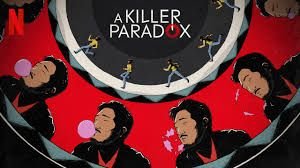
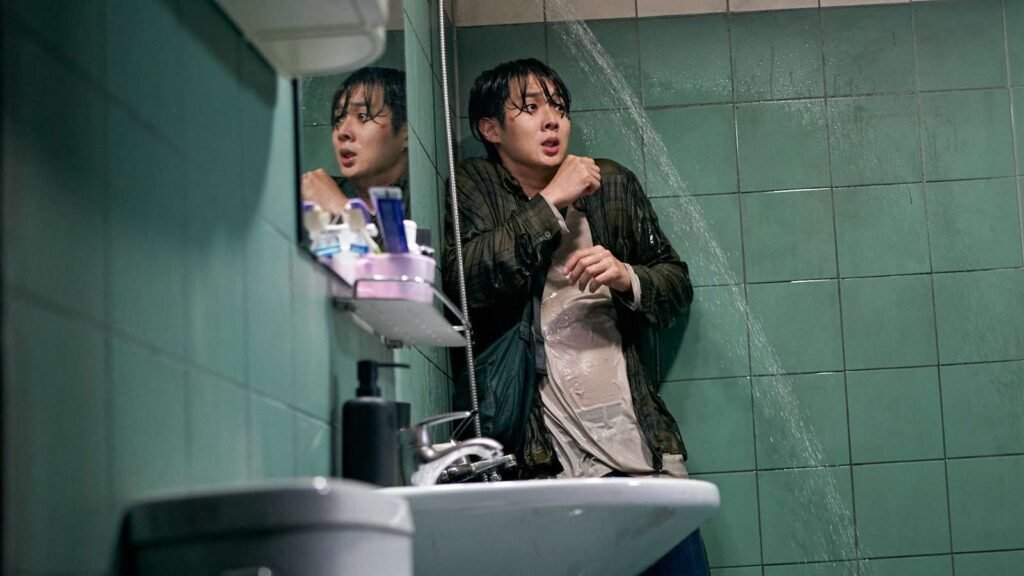
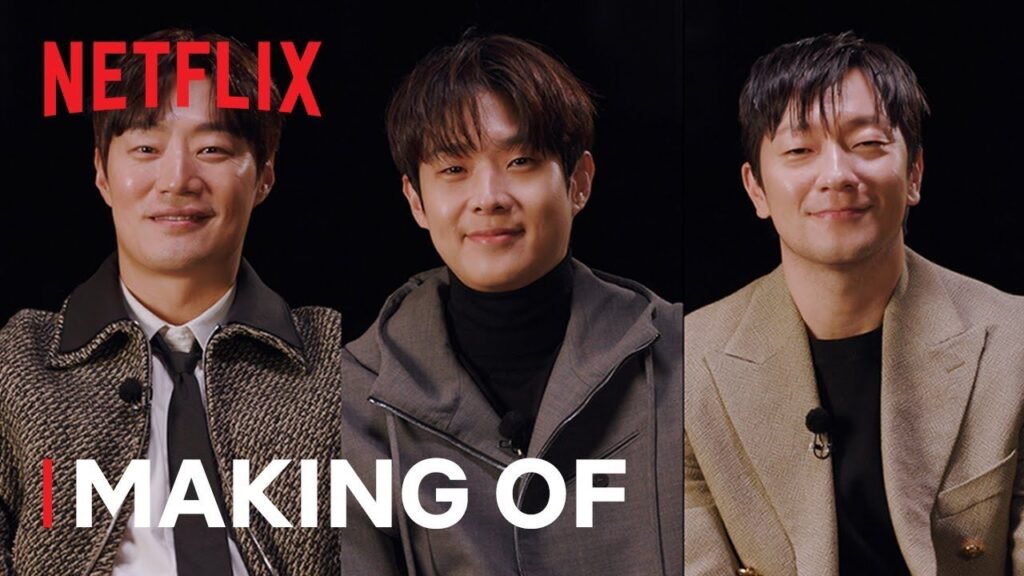
If you have any query regrading our Site, Advertisement and any other issue, please feel free to contact at contact@read.feedflow.us or Contact Us.







